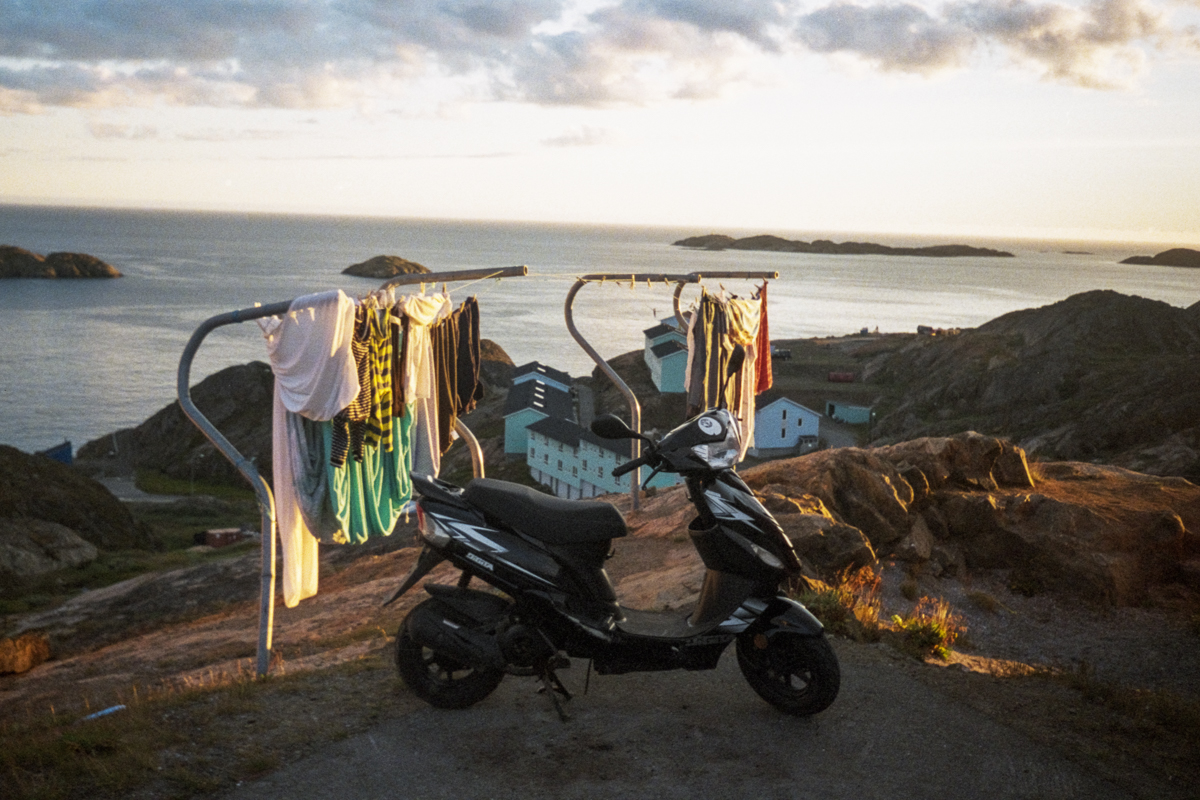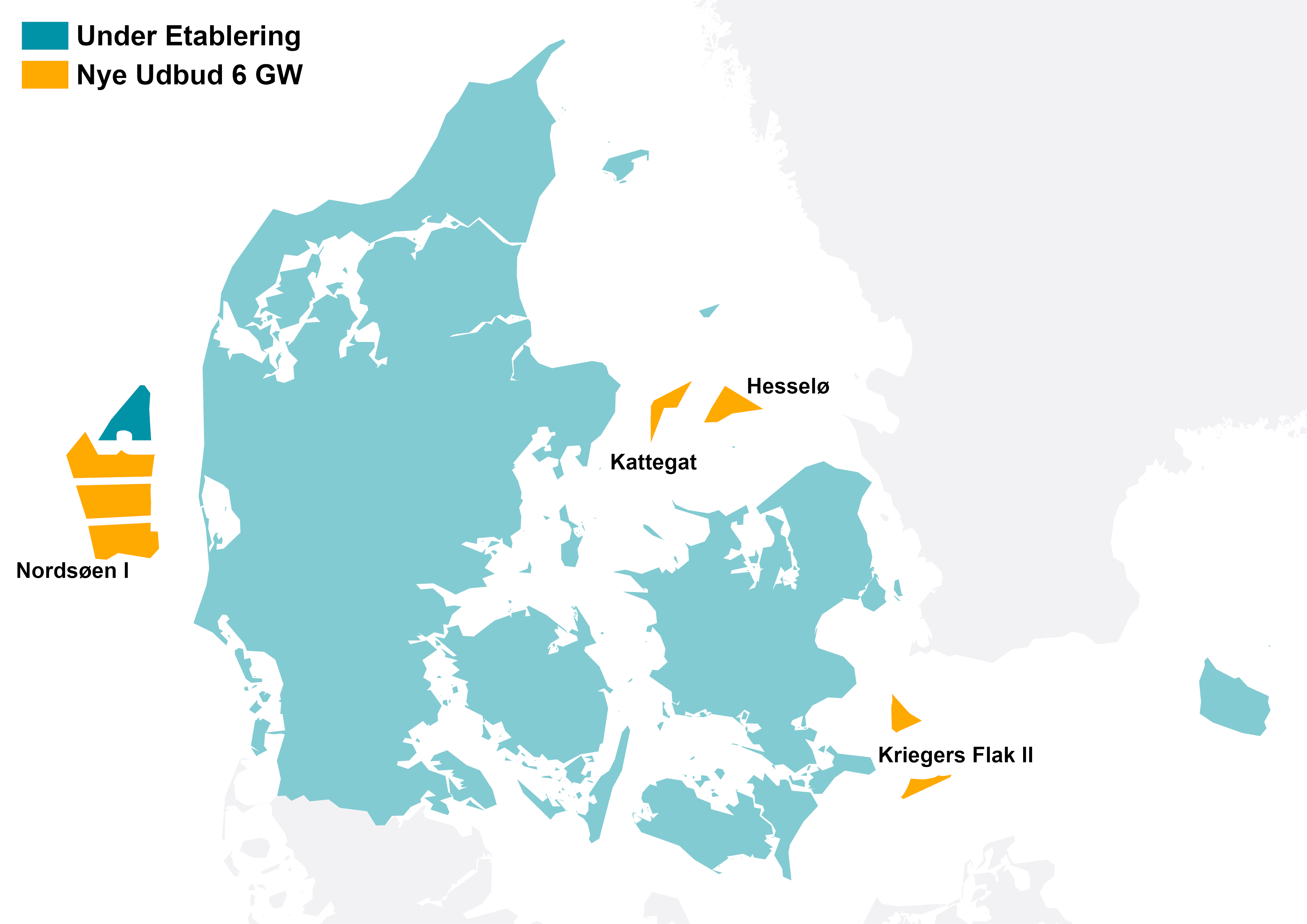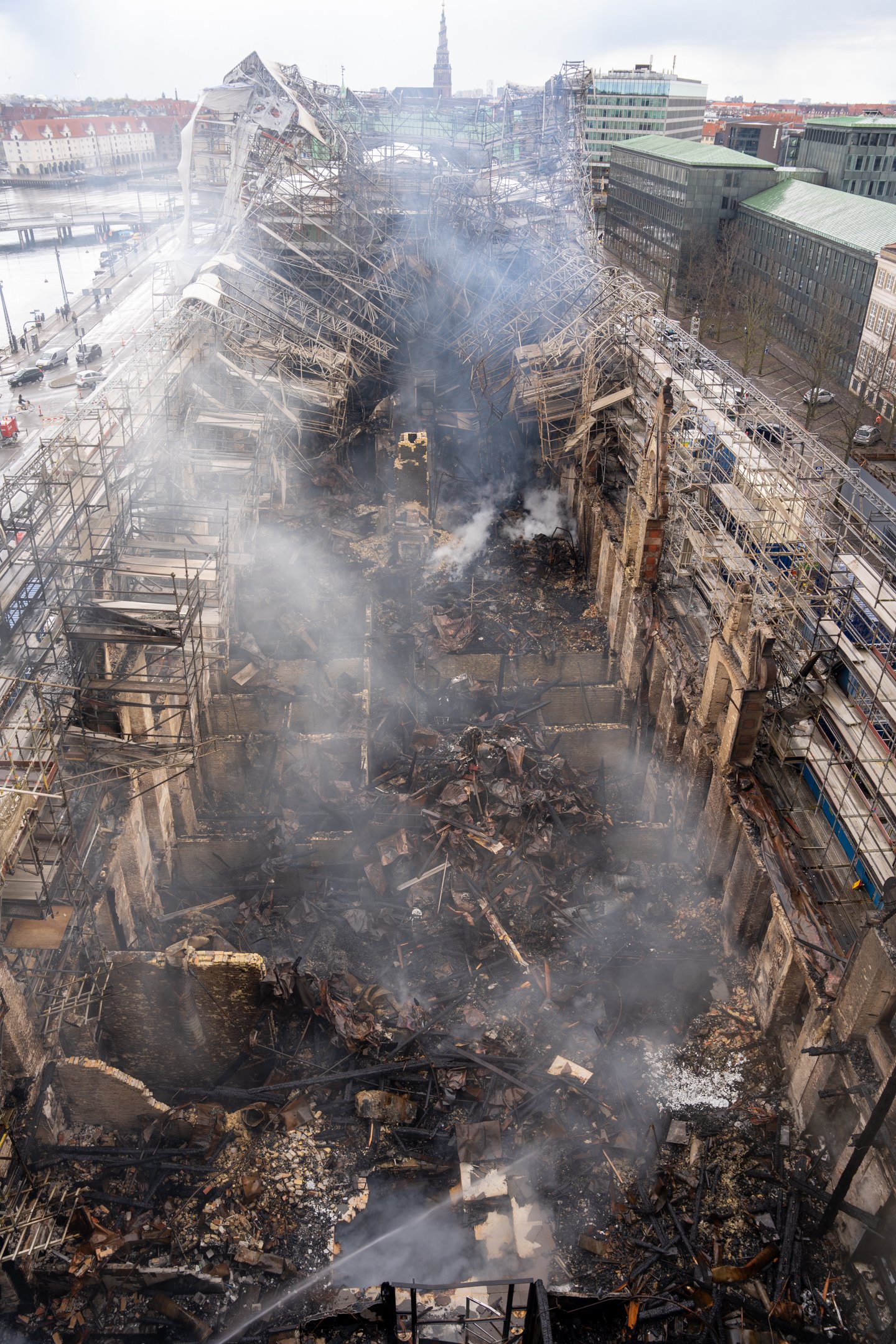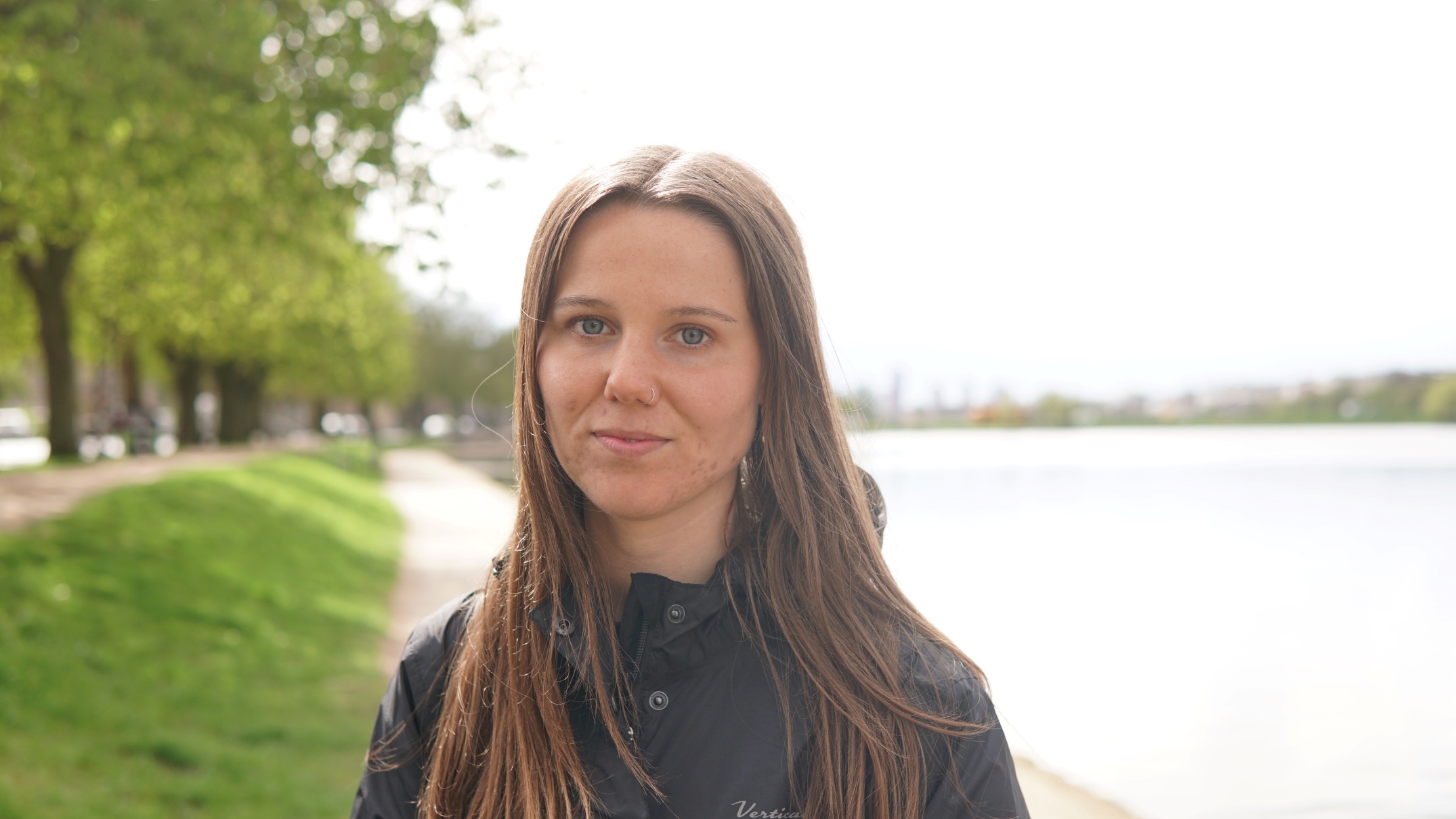This October saw the 75th anniversary of the clandestine operation that helped thousands of Jews living in Denmark under the Nazi Occupation to escape to neutral Sweden.
Over 7,000 people were ferried across the water by Danish fisherman and sailors in an improvised moment of courage and defiance towards the Nazi occupiers. Many regard it as the single most heroic Danish undertaking of the war.
Others, however, temper pride with a recognition of the greed and avarice shown by some of the rescuers, who extorted exorbitant fees from the people they helped to escape.
The war years
In August 1940, Germany invaded Denmark despite its neutrality. The standing Social Democrat/Social Liberal government agreed to remain in office under the German Occupation – hoping to maintain a degree of national sovereignty and avoid conflict on Danish soil.
Denying any hostile intent, the Germans agreed not to intervene in domestic affairs.
A majority of the population supported the government’s position. Most were pro-British but willing to concede control in Europe to the Germans. A serious resistance movement was slow to develop.
During the course of the war, the German military presence weakened – a circumstance the Danes took advantage of. The emerging resistance movement sabotaged critical installations such as factories and bridges, and people protested and assaulted German soldiers. This led to the Nazis declaring Denmark ‘Enemy Territory’ in 1942, leading to sweeping changes in the Nazi power structure presiding over Denmark.
German retaliation
Dr Werner Best, the new German plenipotentiary with total authority to conduct operations on Hitler’s behalf, was introduced to Denmark and he quickly issued orders to begin preparations for ‘resettling’ the Jews. However, he warned that the action could lead to retaliation from the Danish population.
The German Occupation struck fear into the hearts of most Jews. Newspaper reports of persecution in Germany abounded, and many lived in a state of constant apprehension. The government maintained a strong policy of opposing any racial legislation in Denmark.
The relative peace in the country and co-operation between the invaders and the invaded led to the Germans delaying any form of genocide in Denmark. However, in the middle of 1943 the Danish population underwent a major change of mood – from compliance to defiance. A huge protest movement began to form, putting an end to the co-operation policy.
On 29 August 1943, a military state of emergency was declared, and the Nazis ordered the Danish government to ban public assemblies, implement a curfew and introduce the death penalty. In a proud and defining moment the government refused. Martial law was declared and the Danish government disbanded.
A life-saving leak
The German operation against the Jews was scheduled for the night between October 1 and 2, but the plans were leaked by Georg Ferdinand Duckwitz, a German diplomat – who is today remembered as ‘den gode tysker’ (the good German) – and even by Best himself – to his tailor on Istedgade. This leak would save thousands of lives and lead to Duckwitz being who is today remembered as ‘den gode tysker’ (the good German).
The leak also contained a list of 5,600 Jews living in Denmark, although the true figure was closer to 7,000. When high ranking figures in the Jewish community were informed, they quickly helped people go into hiding, resulting in only around 280 elderly or sick people being arrested. The Danish police also refused to co-operate in the operation.
The national fight for values
Many Danes felt that the German action against the Jews was going too far. A lot of people offered to help their Jewish neighbours with hiding places, food and transport to the coast. The resistance movement, doctors, priests and university students all contributed to the rescue action.
The only hope for the thousands of Jews in hiding was to flee across the water to Sweden. The journey across the Øresund in winter was often perilous and some lost their lives. Owners of fishing boats and other small craft played a pivotal role in the dangerous rescue operation, risking arrest or worse.
As well as leaking the plans, Duckwitz also interfered to stop naval patrols and have searchlights turned off and directed away from escaping boats on the critical nights of October 1 and 2.
Over a period of two weeks, more than 7,000 Jews and their relatives escaped across the water to neutral Sweden. Around 190 were captured attempting to flee.
Approximately one fifth of the Danish Jews made their escape from the north Zealand fishing village of Gilleleje, with most villagers lending a hand. However, it proved impossible to keep the action secret, and acting on an informer’s tip, the Gestapo came to Gilleleje on the night of October 5, arresting 80 people and halting further rescues.
The price of human life
However, the action had another facet. While some boat owners could be praised for their bravery and humanitarianism, others took to exhorting huge prices for the crossings. Amounts of 3,000 kroner per person, equating to half an average worker’s yearly earnings, were not uncommon – a monumental sum in those days.
Loosely established rescue organisations intervened by making provisions so that wealthy Jews would pay more, enabling those less privileged to afford the crossing. Several fishing boat owners constructed large mansions on the coast in the years immediately afterwards – buildings that became known locally as ‘Jew villas’.
The captured Danish Jews were deported to the Theresienstadt ghetto in Czechoslovakia. The Danish king fought hard for his people, resulting in only 51 deaths out of the total number of Danish deportees.
World War II left its scar upon the world, leaving Europe torn in two. The stories of national bravery and historic accounts of suffering are endless and stories of hope through solidarity on a small scale can be lost in comparison. However, these local stories, like that of the evacuation of Jews to Sweden, stand as important signifiers that the individual is where change occurs. Although not all black and white, Danish bravery will be remembered.














